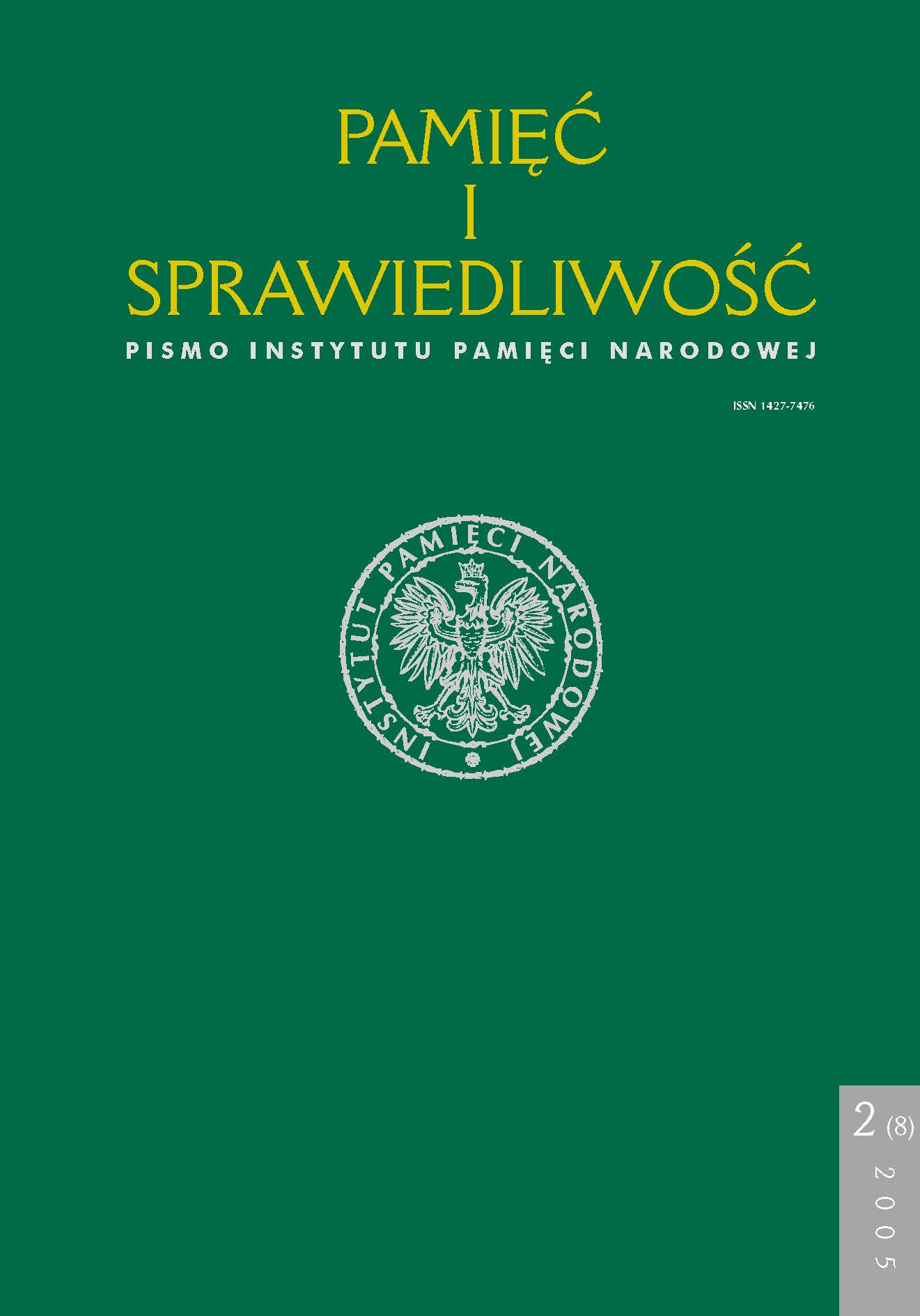Miejsce Polski w polityce międzynarodowej w latach 1944–1947
Pamięć i Sprawiedliwość, Tom 8 Nr 2 (2005), strony: 71-88
Data publikacji: 2005-12-30
Abstrakt
The international situation of Poland in 1944–1947 resulted from the political priorities of the power members of the Great Coalition and, as it seems, to less extent from the policy of the Polish government. The importance of Polish interests was decreasing from August 1943. Creating plans of a new world order, the USA and Great Britain deferred rather to USSR’s wishes. Many researchers consider the concessions to have gone too far
comparing the USSR’s commitment to the war in the Far East.
It is believed that the attitude of Washington was the crucial for the Polish issue. For the USA the Central-East Europe and Poland itself were located on the periphery of its political concerns. Great Britain was more involved and better orientated in the complex situation of the region, but it was not able to pressurize Moscow, on its own, to respect at least the Yalta conference resolutions, which assumed the multiparty system and democratic parliamentary elections. Poland was also expected to be bound to the West by the economic contacts. In the period after 1945 the British politics was increasingly active and nuanced. It concerned both the Polish Western borders and the economic policy, but as situation in the region of Balkans and Turkey embittered it became more important to stop the communist influence in those countries where it was still possible.
There was no real international policy towards Poland either during the war or the postwar period. The USA and Great Britain wanted to make long lasting peace and settling the area of influence system appeared to serve this purpose well. After 1945 the Washington and London policy consisted in reacting against certain events and was short of a long term, clear political conception. Moscow took advantage of the weaknesses of the Western countries’ politics binding Poland down to the USSR and cutting it off from the West in cooperation of the local authorities. Although the article does not focus on the Polish communist
politics, it was not without a meaning for the international situation of Poland.
 Język Polski
Język Polski
 English
English
 Deutsch
Deutsch
 Français (France)
Français (France)
 Italiano
Italiano
 Русский
Русский


 PDF
PDF
